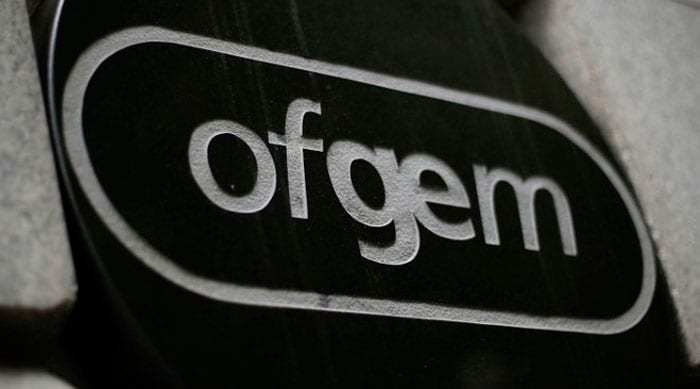Ofgem sets out DSO policy position
A new positioning paper from the regulator has outlined its approach to the development of Distribution System Operation policy.
8th August 2019 by Networks

The paper was published this week alongside the opening of a consultation on Ofgem’s approach framework for RIIO-ED2. However, the new paper includes suggestions for work the regulator believes needs to take place before the next price control period begins, in order to facilitate progress in the operation of a more flexible energy system.
It also sets out Ofgem’s priority objectives from DSO reforms, these include achieving:
- Clear boundaries and effective conflict mitigation between monopolies and markets.
- Effective competition for balancing and ancillary services, and other markets.
- Neutral tendering of network management and reinforcement requirements, with a level playing field between traditional and alternative solutions.
- Strongly embedded whole electricity system outcomes.
To deliver these objectives, Ofgem has outlined its intention to initiate three workstreams which will look respectively at “contestable services” from today’s DNOs, the enablers for DSO functionality and the development of “coordinated markets”.
The positioning paper explains that the contestable services workstream will play a key role in defining whether or not DNOs should take on certain services currently imagined within some DSO strategies.
The paper says Ofgem is “identifying the risks and benefits to consumers of DNOs delivering new activities in potentially contestable areas. We are developing policy positions on appropriate roles for DNOs that promote effective competition but also drive value where actions are best provided by monopolies.”
Meanwhile, the workstream dedicated to exploring enablers of DSO functionality will focus on supporting the development of interoperable flexibility technologies and open access to data, and the workstream on coordinated markets will be dedicated to sustaining the development of flexibility markets.
The paper sets out Ofgem’s intention hold a workshop later in 2019 to look specifically at the requirements of flexibility markets and to link this work closely to current thinking around network charging reforms.
The positioning paper has been broadly welcomed by industry, however some ovservers were disappointed by an apparent reluctance expressed by the regulator to address the institutional changes that might be required alongside a transition to DSO operations.
John Scott, director of consultancy Chiltern Power and former technical director at Ofgem commented: “Where is the jam in this sandwich? What return do DNOs expect and will DSO activities change their risk profile?”
He pointed out that the paper discusses risks to consumers and risks to contested markets but is almost silent on risks to parties at the grid edge and to DNOs themselves. It also says very little about community energy and peer-to-peer trading programmes.
Scott urged Ofgem to be decisive in its action: “It’s a promising step but please don’t wait for perfection. Be bold, implement the changes and then set a review point to learn the lessons.”
Kyle Martin, head of market insight at LCP added: “Although some elements of Distribution System Operation will take time to develop, Ofgem rightly highlights several areas where action will need to be taken sooner. Facilitating competitive markets, ensuring open access to data and incentivising innovation all need to be priorities if we are going to deliver a smart, flexible distribution system that enables both decarbonisation and more efficient use of the distribution network.”
Comments
Login on register to comment
Related content

Power
The future for vegetation management
Why networks should focus on data not trees to overcome the costly challenges involved in vegetation management

Power
An unprecedented opportunity for change
Why short interruptions will matter in RIIO-ED2 and how to address them.

Power
Time for less talk and more action on decarbonisation
Core "oven-ready" solutions to decarbonising heat and transport exist today and should be implemented without delay, says WPD's future power networks expert.
Related supplier content

Power
Load patterns and lockdown: how Covid-19 is impacting electricity networks
Insights into dynamics on the low voltage network as the outbreak unfolds

Heat
How E.ON. is helping the City of London become a zero emissions city
Discover Citigen. Deep in the heart of our bustling capital

Power
The Innovation Factor: Managing the transition to smart communication technologies in the electricity distribution sector white paper
The transition from legacy communications systems to new technologies can seem daunting for organisations in the electricity sector. But with market dynamics changing rapidly